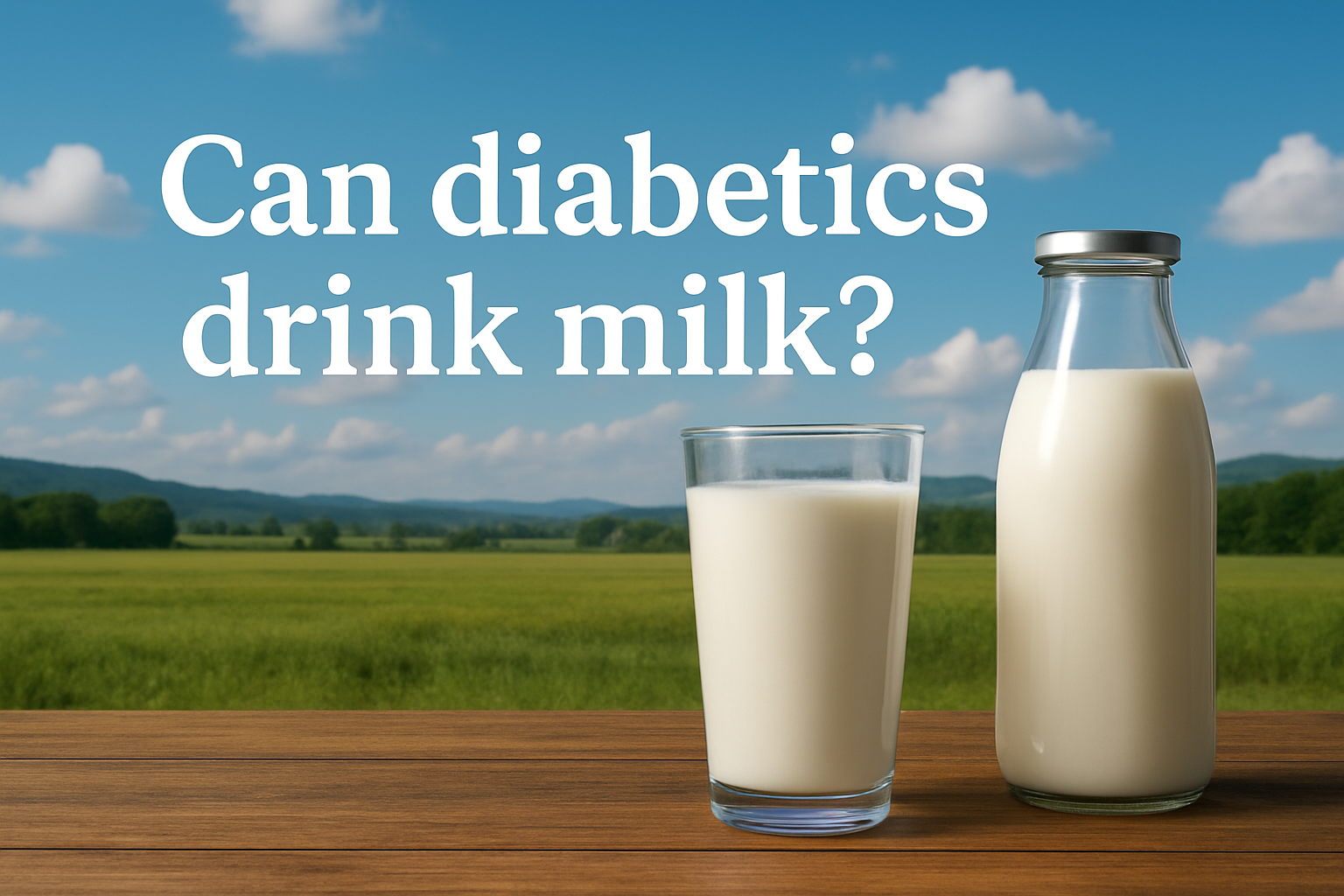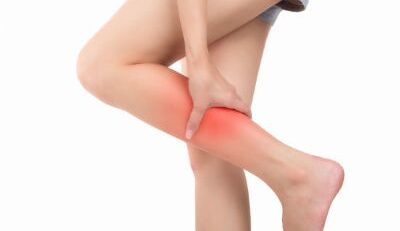Can Diabetics Drink Milk?
Yes, Most Diabetics Can Drink Milk!
Milk does not worsen diabetes!
Most diabetics need not give up milk!
Since ancient time, different sections of society have been strongly advocating against using milk as part of adult food, majorly for religious reasons.
Today many social media pundits strongly advocate against drinking milk.
Some commercial diabetes reversal programs treating people on mass scale and not individually, completely banish milk from the diets of diabetics.
***
Is there any strong scientific evidence that milk worsens sugar control and type 2 diabetes?
No, researchers have not found any strong evidence that milk worsens blood sugar control or diabetes.
In fact, most scientific studies tend to show neutral to even beneficial effects of milk on blood sugar levels of diabetics.
Research has shown that milk can in fact blunt blood sugar spikes after a high carbohydrate meal.
The two proteins in milk, casein and whey, contribute to this phenomenon.
Casein slows down the passage of food from stomach to the small intestine, that is gastric emptying, thereby slowing down the absorption of sugar in the blood and thus dampens the blood sugar spike.
Whey on the other hand has an insulin stimulating effect, thereby increasing insulin production in pancreas and helps lower post meal blood sugar.
Studies have also shown that inclusion of low fat milk and milk products or dairy in diets helps reduce visceral fat, insulin resistance, abdominal circumference and weight.
Studies have also shown similar results on full fat milk and dairy, probably because the satiety provided by the milk fats prevents munching in between meals.
Some studies have also shown that regular consumption of low fat milk and dairy, viz. curds, yogurt, buttermilk and paneer is associated with reduced risk of developing type 2 diabetes.
In fact high fat dairy was also seen in a long term study to have reversed pre diabetes and it wasn’t found to have worsened diabetes.
But it is always safer to drink low fat milk than full fat milk.
A large number of studies have shown that consumption of low fat milk has proved beneficial in preventing or controlling Type II diabetes. The abundance of calcium and magnesium as well as low glycemic index of milk are thought to be the cause of this effect.
***
While this is true, it is also true that some people may show blood sugar spikes after milk, especially when taken on empty stomach, possibly due to the lactose in milk.
These people can observe how their blood sugar responds to milk on empty stomach and when taken with food, so they can take or avoid milk as per how their body responds to milk.
But the rest of the diabetics needn’t shun milk as it has vast benefits for your general health.
In short, milk does not worsen sugar control and diabetes in more people than otherwise.
In fact, we have seen that the milk proteins blunt sugar spikes after a high carbohydrate meal.
Some studies have also shown neutral to mildly positive effects of milk on fasting blood sugar and HbA1c.
***
Bottom Line
Generally, milk does not worsen glucose control, and in many cases, it may even help blunt post meal blood sugar spikes, thanks to its protein and nutrient profile.
Long-term outcomes like fasting glucose and HbA1c show mixed but mostly neutral-to-slightly positive trends.
Individual responses vary, some people, especially on an empty stomach or those sensitive to lactose, might experience noticeable glucose spikes.
***
Clinical experience:
My own clinical experience helping diabetic patients get slim and healthy and control their diabetes better, at my Obesity Clinic in Pune or on my Weight Loss Treatment in Pune and all over the world, on balanced nutrition including ample low fat milk and regular walks of six km or more, has been excellent.
Everyone without exception, showed much better diabetes control, also because people under my care walked regularly and lost substantial weight.
Multiple studies confirm my experience that losing weight to reach their optimum weight can help many diabetics to substantially lower their drug dosage and insulin, some even to get rid of it and some to even go into complete remission.
Most of them have either been lacto – vegetarians or ate non vegetarian food once or twice a week.
The only source of vitamin B12 in their food is milk in pure vegetarians and still the major source of it also in the mix food habit people.
Also being the major source of top quality protein, calcium and magnesium and the B vitamins and the fat soluble vitamins A, D, E and K, although skimming milk removes the fat soluble vitamins from the whole milk, milk is an invaluable component of balanced nutrition that the diabetics can ill afford to miss out on, if milk doesn’t cause blood sugar spike in them.
***
Conclusion
Whether a diabetic should consume milk or not, should be determined individually by the patient and his or her doctor, based upon individual responses to milk consumption.
Not many diabetics will need to forgo the vast health benefits of milk by avoiding it.
Also read the article ‘Magical Health Benefits Of Milk’ on this website.
















